Book Review by my dad, K.S.Loganathan
The Shortest History of the Soviet Union
By Sheila Fitzpatrick, Picador India – 2023
Number of pages – 249 pages
The Union of Soviet Socialist Republics is the first revolutionary socialist state led by a communist party and it comprised the third-largest ‘empire’ in human history from 1924 to 1991. The Australian social historian, Sheila Fitzpatrick, who in other works on the Soviet Union has dealt with Soviet politics, society, culture, and immigration, writes an overview of Soviet history ‘that can be read in a day.’ Being light on war tactics and the shifting web of alliances between the political powers at the time, the narration falls rather short of academic rigor, but overall it makes for interesting reading of the story from birth to death.
Russia was an empire, peopled by not only ethnic Russians but also other Slavic peoples, Caucasians, as well as Jews, and various Muslim ethnic groups, from the outskirts of the Empire – Tatars, Ossetians, Tajiks, and Kalmyks, among them. After the 1917 revolution, Russia became the Soviet Union, another multinational empire with a similarly diverse population. Before the revolution, Russian Orthodoxy had been the state religion of the Russian Empire. After the revolution, all religions – Orthodox, Catholic, Protestant, Jewish, and Muslim – were held in equally low official esteem in the Soviet Union, while Russian remained the lingua franca. In the western borderlands, Russian, Ukrainian, Belorussian, Polish, and Jewish intermingled and the frontiers between Poland and Russia / Soviet Union periodically shifted during the various upheavals in the 20th century. As a result, multi-linguism, migration, and divided national loyalties became common. The region has been characterized by self-reliance on economic development in the wake of western Europe’s industrialization, and urbanization. Cultural insularity was enforced through tight controls of state borders to restrict migration and keep out dangerous western ideas as well.

Under Lenin, big industrial enterprises and banks were under state ownership but retail trade and small industries remained in private hands or with cooperatives. Lenin’s governance model called for grassroots participation and free debate of policy within the communist party hierarchy. The five-year plans increased gross industrial production between 1928 and 1940, with agricultural workers moving to urban industrial areas, providing the labor force, unlike European colonial powers, which depended on slavery for labor arbitrage. However, agricultural ‘collectivization’ was notorious for its de-kulakization and action against ‘class enemies,’ which set back agriculture for decades and created food shortages. The Soviet contribution to World War II was crucial and its losses exceptionally high, but it became an emergent superpower on the international scene under Stalin. After the war, the US and the Soviet Union were to be superpowers, no longer allies, but ideological and geopolitical antagonists, as before.
The Soviet Union became a welfare state in the 1960s with old-age and disability pensions, sickness and maternity benefits, paid holidays, and urban housing schemes for its workers. In the Brezhnev years in the 1970s, the Soviet Union achieved military parity with the United States and it underwrote left-wing insurgencies in Cuba, Angola, Korea, and Ethiopia, and invaded Afghanistan, even as Communist China gradually distanced itself from it. It became a major oil producer and its Gross National Product( GNP) continued to rise even as urbanization and education grew and life became easier. The Soviet system, however, proved inhospitable to innovation and it stalled to lag behind the west as the pace of industrialization grew. The gray market flourished as consumer goods were in short supply.
The implosion of the Soviet Union in the late 1980s occurred without external aggression or a popular uprising or secession by a constituent republic. The paradox of Russia is that its revolutionaries, Lenin and Stalin, were nation builders, while its eighth and last leader Gorbachev, a suave lawyer and non-interventionist politician, was to be its chief wrecker, with his ambitious but infructuous reform program. The fall of the Berlin Wall in 1989 and the reunification of Germany, and elections in Poland, Hungary, and Czechoslovakia resulted in non-communist governments. Russia’s status in the world was greatly reduced and it had to accept the eastward expansion of NATO that Gorbachev thought the west had promised to eschew.
One shortcoming of the book is its lack of detailed coverage of the political fallout of the post-Soviet era. The blurb states “Lastly, she(the author) considers the future of communism…What lessons has today’s superpower, China, learned from yesterday’s Soviet failure? What could be the future of Putin’s expansionism?” Interesting questions, but the answers are not to be found in the book. On page 9, the author states “what comes next? is a question no prudent historian ever tries to answer.”
The future of socialism though is an open question. However authoritarian the Soviet regime may have been, its social institutions like the provision of free medical care and education, opening up opportunities for merit-based promotion, gender equality, and non-discrimination on the basis of race and nationality achieved a high watermark in social welfare and evoked pride in Soviet economic, space, and military achievement in its diverse citizenry.

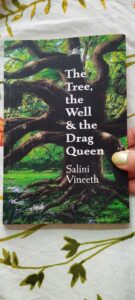
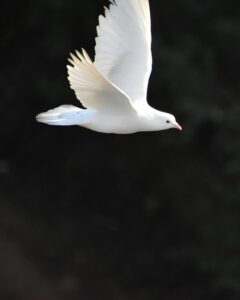

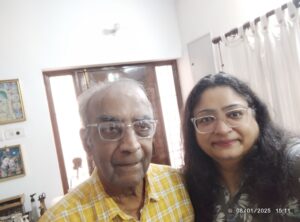
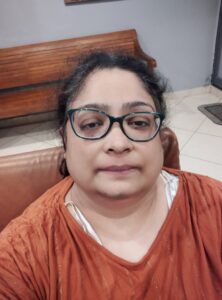
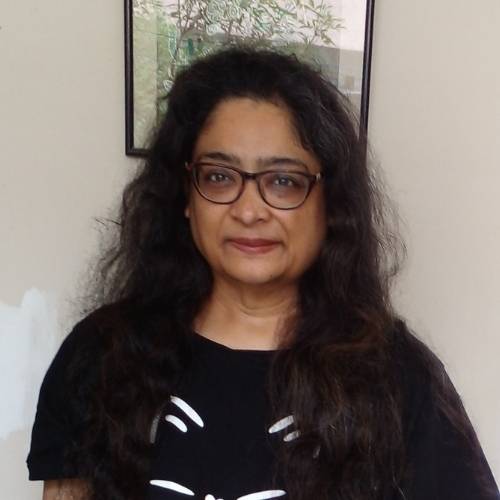
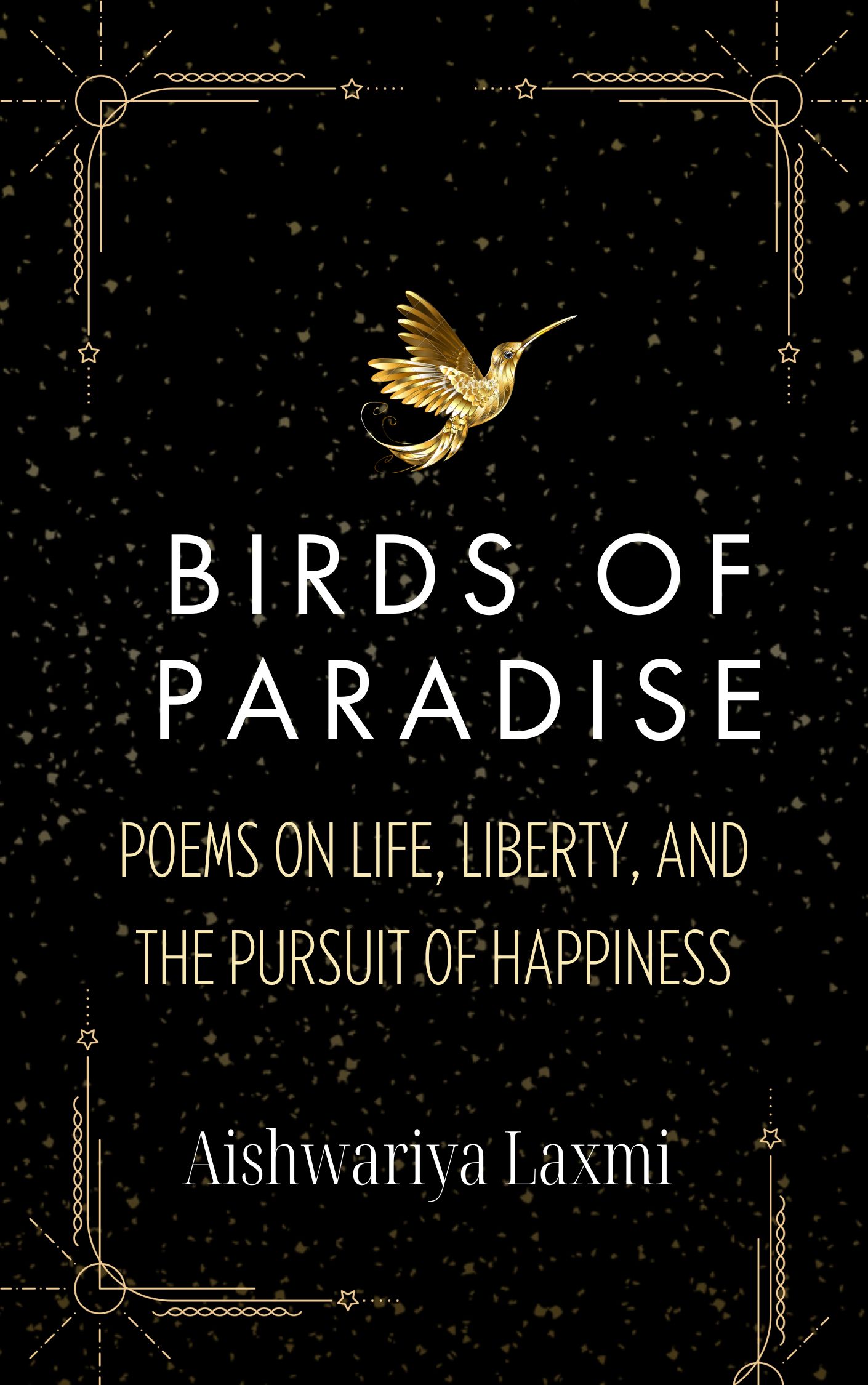

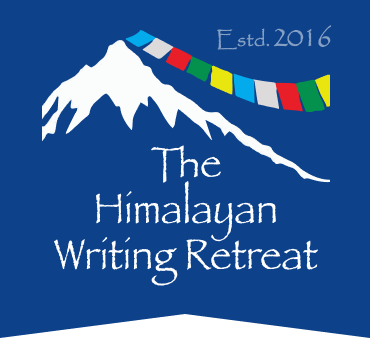


4 Responses
Interesting review! Though the book doesn’t belong to the genre I read, I loved the review
Thanks for reading and appreciating, Ranjani!
Interesting thoughts on the book. I’m interested in history and as per your review it does cover quote a few things.
Thanks, Atul. It is my dad’s guest post on my blog:)